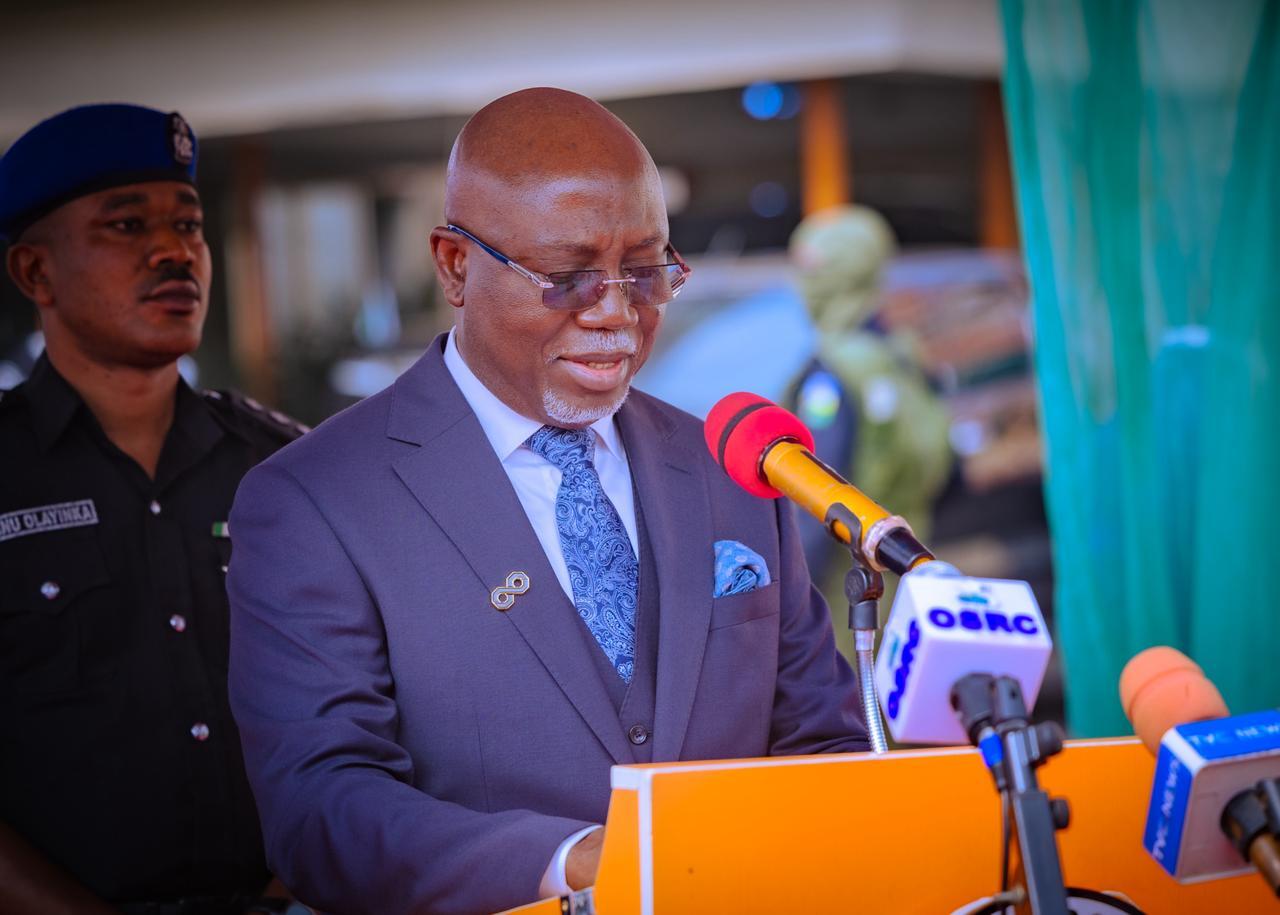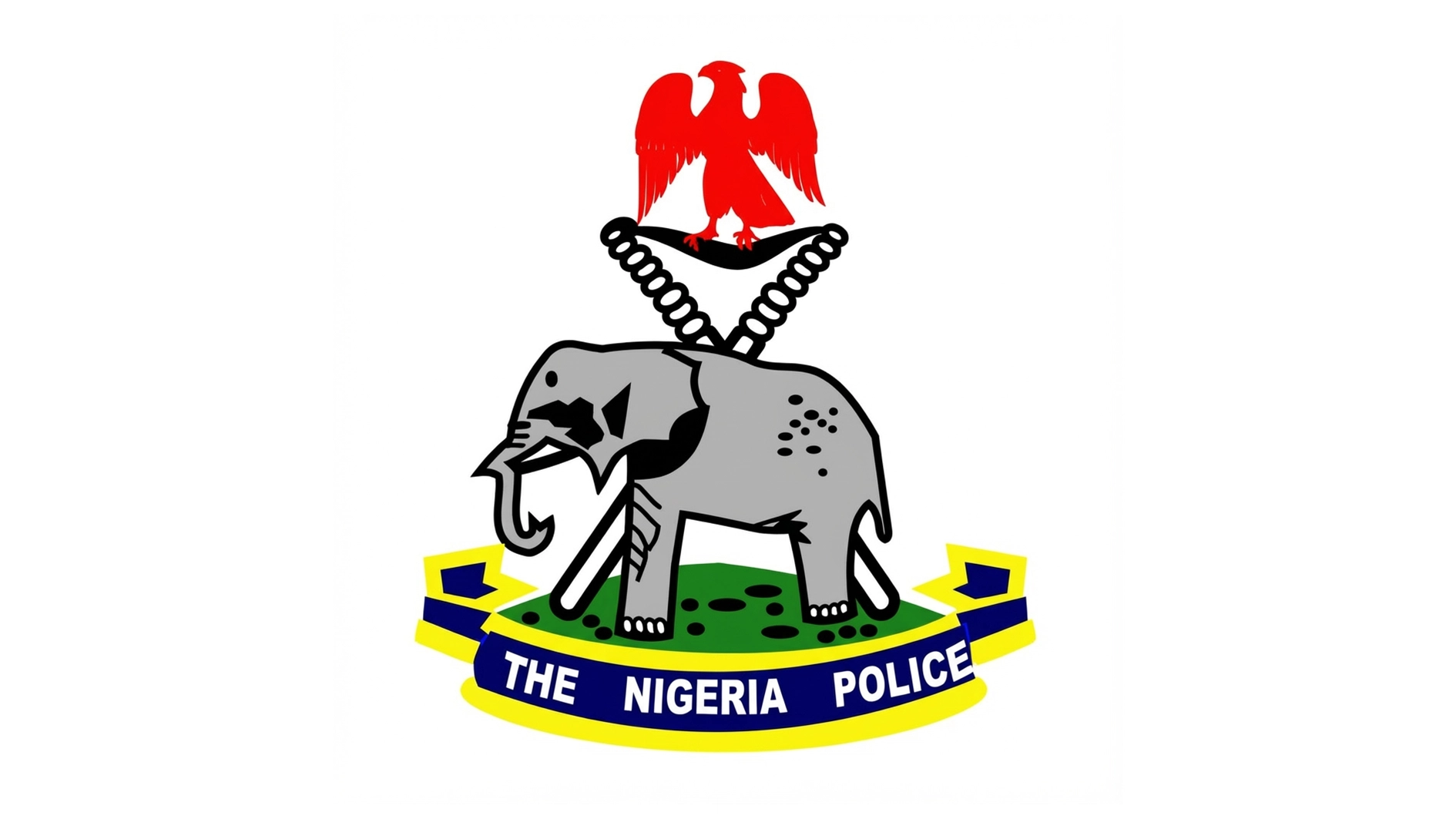
The still waters of Lake Kivu stretch all the way to the horizon, undisturbed by the turbulence raging on its shores.
Boats have vanished from the lake since the Rwanda-backed M23 armed group seized control of the Congolese city of Goma at its north tip. On the other end of the lake lies the city of Bukavu, which remains under the control of Congolese forces.
The road linking the two biggest cities in the Democratic Republic of Congo’s troubled east is now cut off by the front line.
The M23 fighters and Congolese forces now face each other on opposite sides of the lake. Both have banned boats, fearing a surprise attack on the water.
“Usually, we have at least 60 boats sailing regularly on Lake Kivu between Goma and Bukavu,” said Lueni Ndale, the manager of a shipping company with seven boats.
But now, “everything has come to a standstill,” Ndale said, adding that the company’s 20 staff had been laid off.
However Bukavu depends on shipments of food such as maize, potatoes and beans grown in the fertile ground of the North Kivu province, of which Goma is the capital.
– ‘Think of the little people’ –
Traders have been hit hard. A market in the South Kivu provincial capital Bukavu was unusually quiet.
To kill time, mother-of-six Jeanne started braiding the hair of a friend.
“I’ve got nothing else to do,” she said.
“My warehouse is almost empty and the cost of goods has gone up.”
The wholesale price of a 100 kilogram (220 pound) sack of cassava flour has soared from $80 to up to $120, she said.
“If the situation persists, we’ll be forced to go stock up on food” over the border in Rwanda, she said.
Kambale, who is in his 60s, was twiddling his thumbs outside his flour store, which is already out of stock.
“It’s hard to feed my 10 children, and paying school fees is becoming a headache,” he said.
“We’re asking the authorities to think of us, the little people, and put an end to this war as quickly as possible.”
Vincent Kasali, another shopkeeper, said that since Goma’s capture last week some people had been travelling to the Katana area to get their produce.
Katana is 50 kilometres (30 miles) north of Bukavu — and close to the front line.
“It is a heavily militarised area, so it costs more to get there,” Kasali said.
But the Katana beans are not to everyone’s taste.
“Our customers are accustomed to beans from Goma, which they like more,” Kasali said.
Justine Rubirindi, a mother of six at the market, said the Katana beans “give us stomach-aches”.
The price of a normal measure of beans has also risen from 2,000 to 5,000 Congolese francs — an increase of around $1.
“It will not be enough for my family,” Rubirindi lamented.






